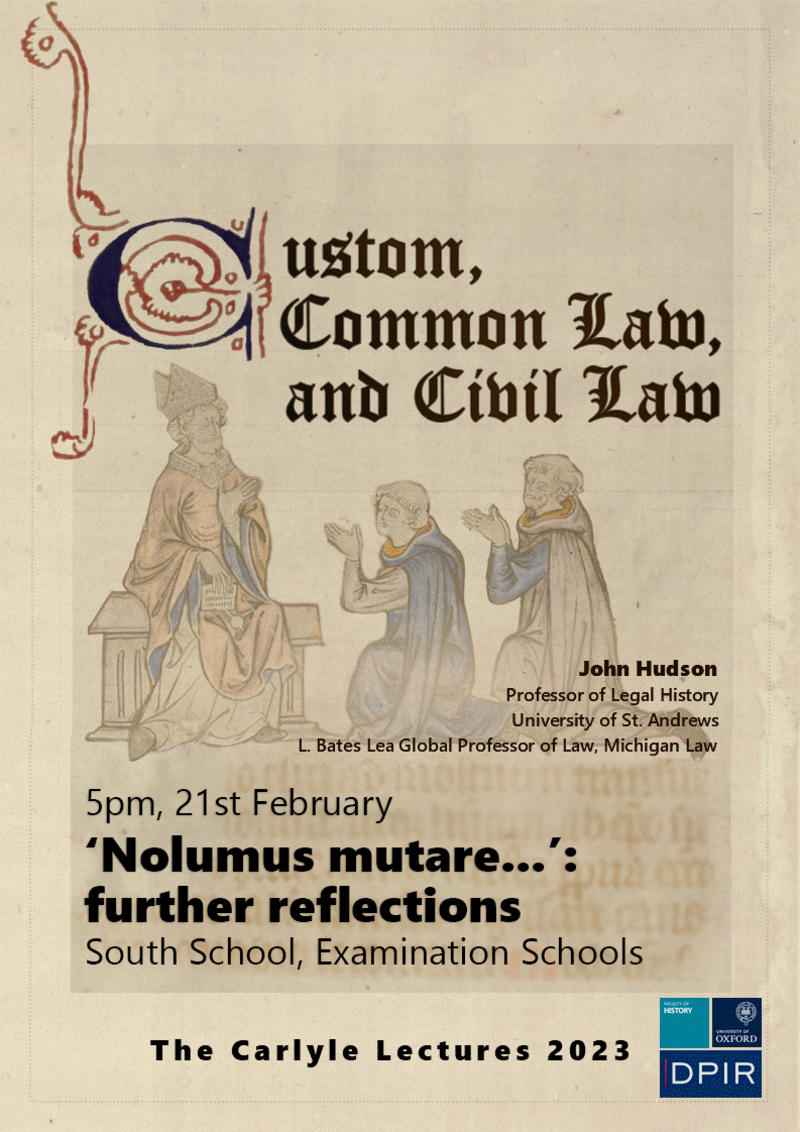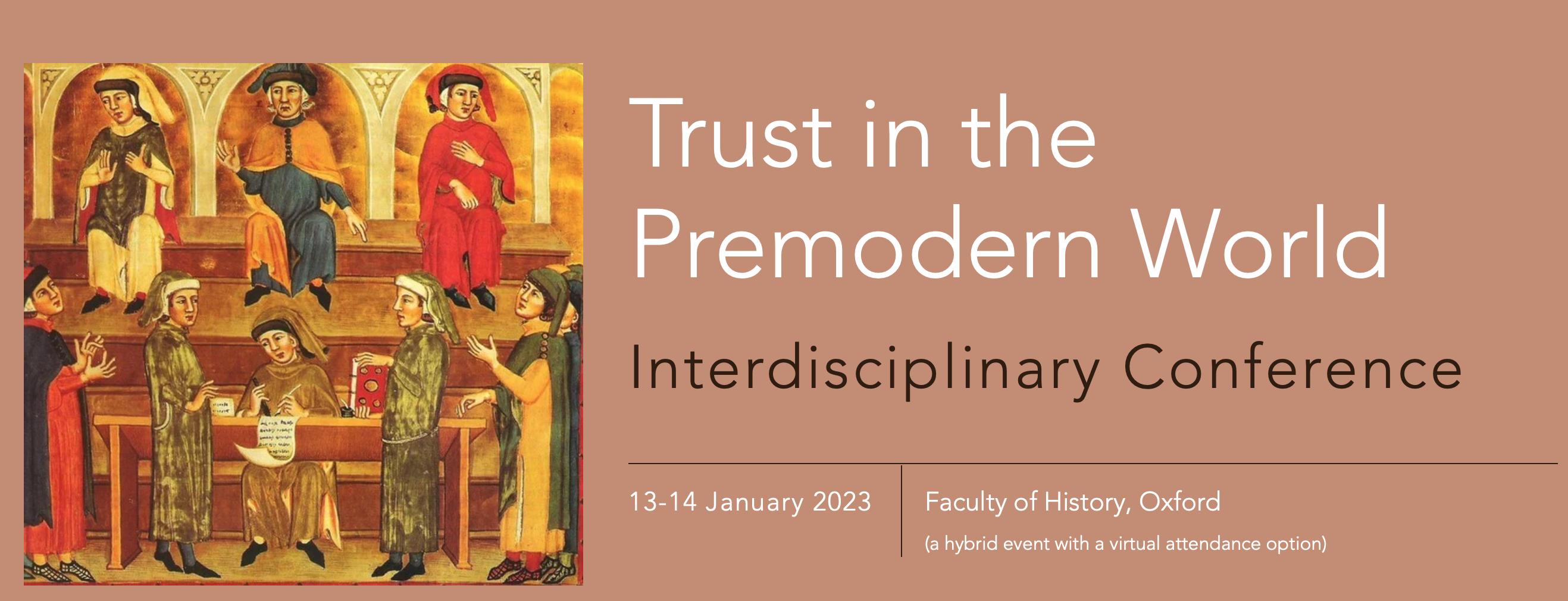We are pleased to announce the Hilary Term Lecture of the Centre for Manuscript and Text Cultures (CMTC). The lecture will take place on WED 1 March, 5-6.30 (UK time) in the Memorial Room at The Queen’s College in the University of Oxford.
Our speaker will be Yannis Assael, Intelligence Research Scientist at Google DeepMind
Title: Predicting the past with deep neural networks
Abstract: Ancient history relies on disciplines such as epigraphy for evidence of the thought, language, society and history of past civilizations. However, over the centuries, many inscriptions have been damaged to the point of illegibility, transported far from their original location and their date of writing is steeped in uncertainty. To address these challenges we present Ithaca, a deep neural network for the textual restoration, geographical attribution and chronological attribution of ancient Greek inscriptions. The goal of this presentation is to demonstrate how recent advances in the field of Deep Learning can assist and expand a historian’s workflow, and highlight the importance of joint interdisciplinary research.
We look forward to welcoming you.



